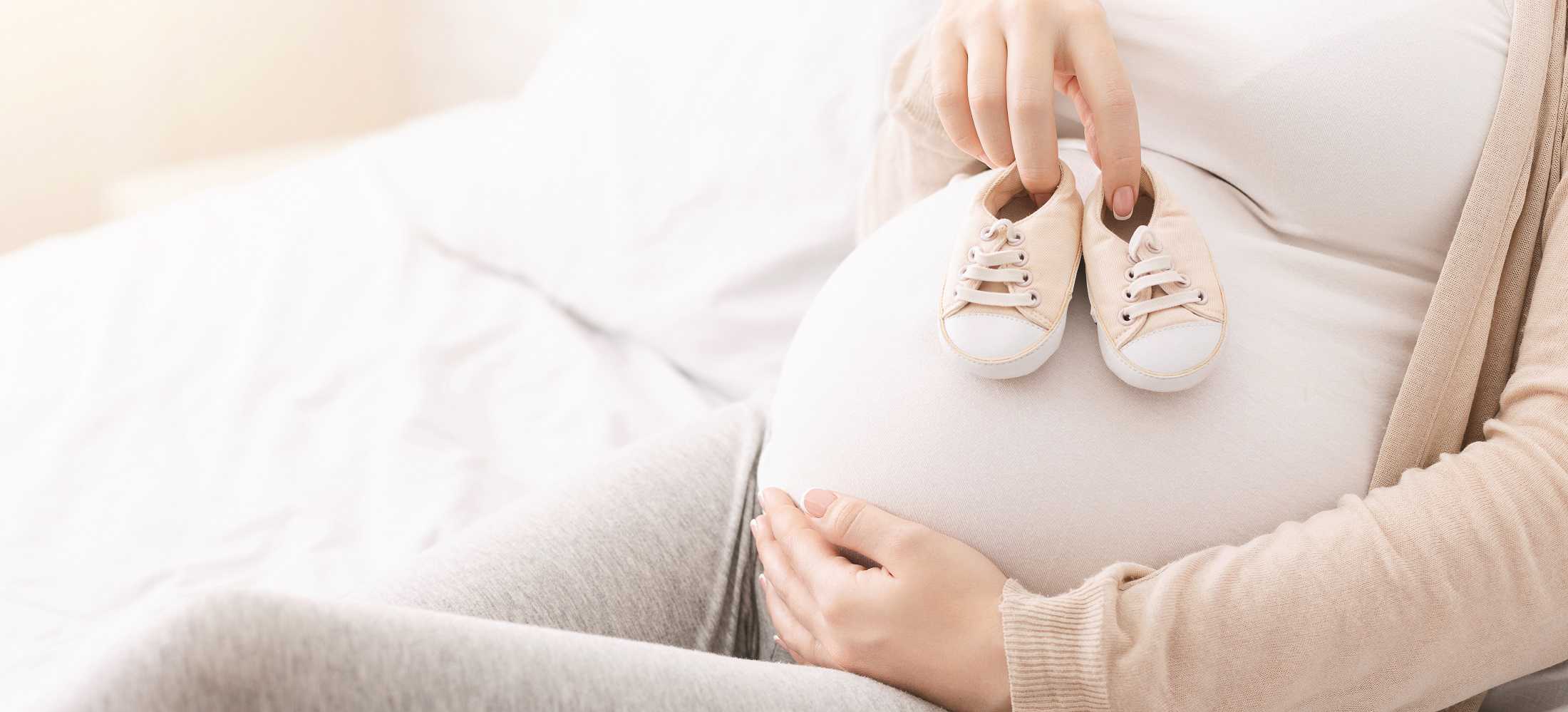
Today’s women are deciding to become mothers later and later. However, it is worth knowing what risks are associated with pregnancy when the future mother is slightly older
In the past women gave birth at a very young age, even before 20. Nowadays this limit has moved a lot. Women want to educate themselves, make a career and fulfil their dreams. That is why the decision to have a baby is put on the back burner. Just look at stars such as Monica Belluci, Celine Dion, Halle Berry or Naomi Watts. Recently, the media also reported that model Naomi Campbell, who turned 51, became a mom. And there is nothing wrong with that, after all, a fulfilled and happy mom means a happy child. Unfortunately, when deciding to get pregnant later, we must remember the risks that come with such a decision, which affects both ourselves and the unborn offspring
The biggest problem that arises for women who want to become mothers later is often problems with getting pregnant. After the age of 35, fertility is much lower. It is estimated that less than half of ladies who are 45 are able to get pregnant on their own. It is important to be aware that the most fertile women are those half their age. Then the risk of miscarriages and complications is much lower
When you make a decision about late motherhood, it is worth consulting your gynecologist beforehand. The specialist will not only explain what pregnancy at this age entails, but will also conduct the appropriate tests. In addition, you should be aware that pregnancy at this age requires constant care by a gynaecologist. Visits to the doctor must be more frequent, and the chosen specialist very vigilant and thorough. This is because pregnancy at this age is considered a high-risk pregnancy, so the future mother has to take more care of herself, get plenty of rest and stress as little as possible. The good news is that many such pregnancies end successfully, without any major complications.
Mature women face a much higher risk of miscarriage. The loss of a child at this age is up to 50%. For comparison – in ladies aged 30 to 34 years it is 15%. Pre-eclampsia (which is dangerous for the baby) and high blood pressure are also much more common. The latter requires constant monitoring and regular blood pressure checks at home. High blood pressure may require medication (safe for pregnant women). Pregnant women over forty are also more likely to have diabetes, which, when controlled, is fortunately not too dangerous and often passes after the birth of the baby. The key in this case is a proper diet and physical activity (consulted with a doctor). Sometimes it is also necessary to take medication
Another problem that often occurs in mothers over 45 is placenta previa, i.e. a placenta that is located at the mouth of the cervix. Studies show that this problem is three times higher in women over 40 than in young mothers. It is also more common for the placenta to detach, which is often manifested by bleeding, and then it is necessary to be hospitalized and lie down for the entire pregnancy
Late pregnancy also means a higher risk of genetic defects in the child. The most common of these is Down syndrome. It is estimated that a woman of 25 gives birth to a sick child once in 1500 births, and a woman over 45 – once in 50. That is why prenatal tests are so important in this case, which are refunded by the National Health Fund in the case of older mothers (both non-invasive and invasive ones). In the 10th week of pregnancy it is also possible to do a DNA test from the mother’s blood, which will show the risk of fetal defects. However, it is paid (costs about 2500 PLN)
Read also What tests are good to do even before getting pregnant?
Main photo: Prostock-studio/ stock.adobe.com